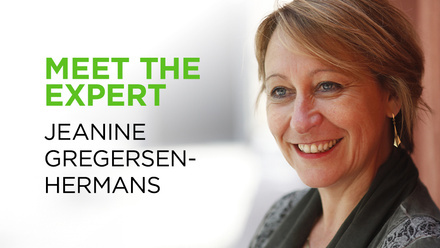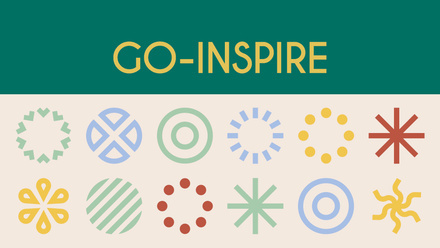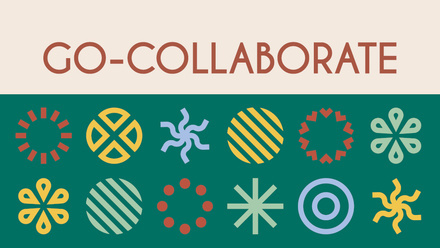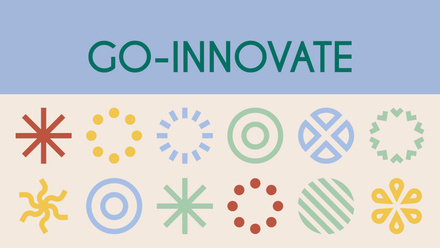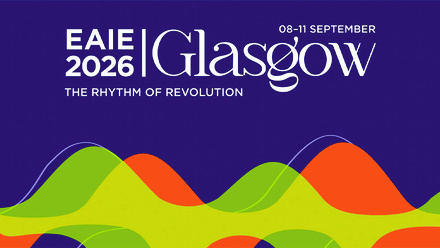Future-proofing international education
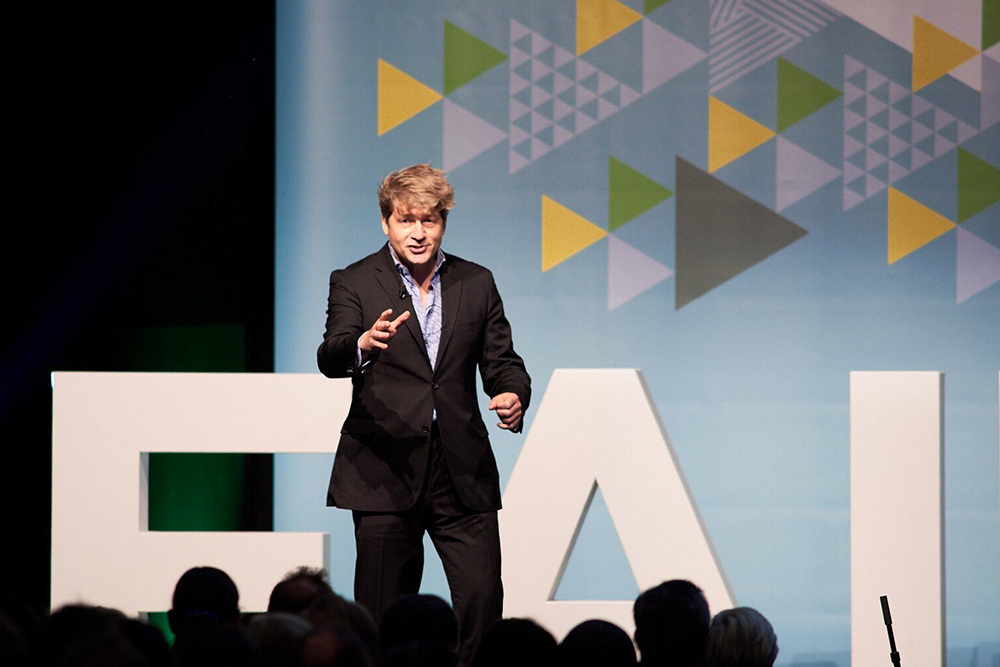
The 30th Annual EAIE Conference and Exhibition came to a close with an uplifting speech from environmental economist Leo Johnson. Taking a historical view of the current moment in the world and in international education, Johnson spoke about the role of education in future-proofing our economies and societies in light of the coming technological and social challenges.
The Closing Plenary of the 2018 Conference was as realistic as it was hopeful, drawing the audience’s attention to the fork in the road we face in this pivotal moment in history. Down one path awaits a “technological apocalypse” of automation, mass production and insular impulses that together drive individuals and societies to turn inward and “close the city gates” to outsiders. Down another, equally plausible path lies a more equitable future. To reach that more optimistic future, the keynote speaker asked the audience to consider how we might future-proof not only our societies but also our work as international educators.
This message resonated with the EAIE’s own efforts to future-proof itself as we celebrate our 30th Annual Conference and look ahead to the challenges of the next 30 years and beyond. Where do we go from here, and how do we continue building a better future? These questions have driven many of the discussions that have taken place at EAIE Geneva 2018.
We’re at a point of inflection from an old model which is about to start to unravel, to one which does not yet fully exist.
“Sometimes good things fall apart so that better things can fall together,” Johnson said, quoting Marilyn Monroe. “We’re at a ‘Marilyn moment’ where there is the possibility of something better.”
And education, Johnson argued, is one of the most powerful tools at our disposal for reaching that future where “something better” arises to replace the many structures we see falling apart today.
“We’re at a point of inflection from an old model which is about to start to unravel, to one which does not yet fully exist, where in fact there is a radically different vision of what matters.”


